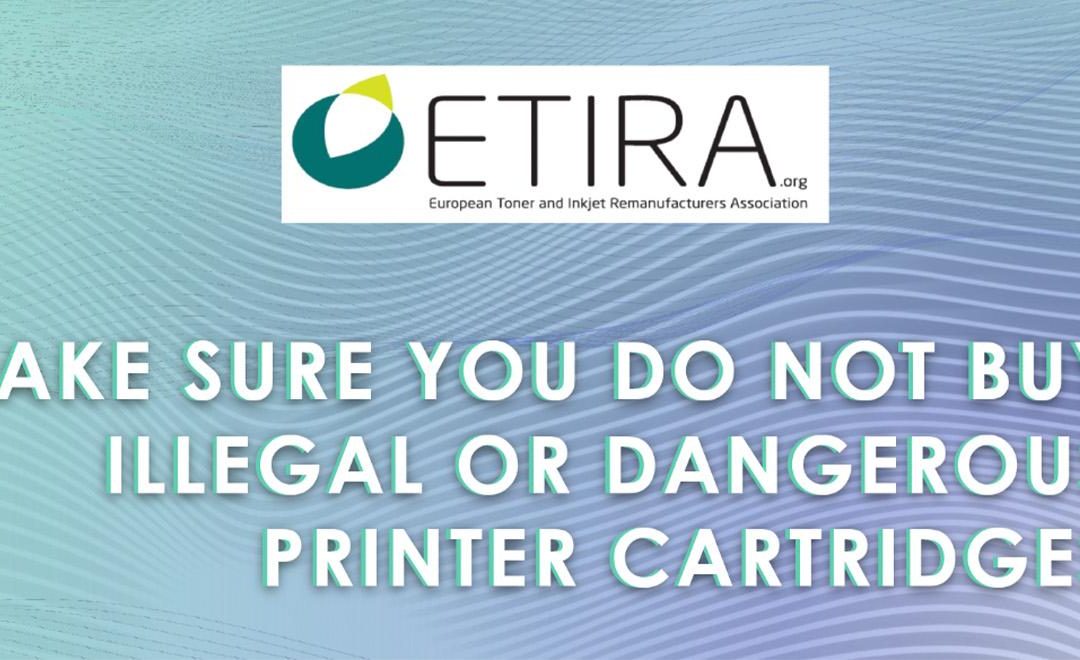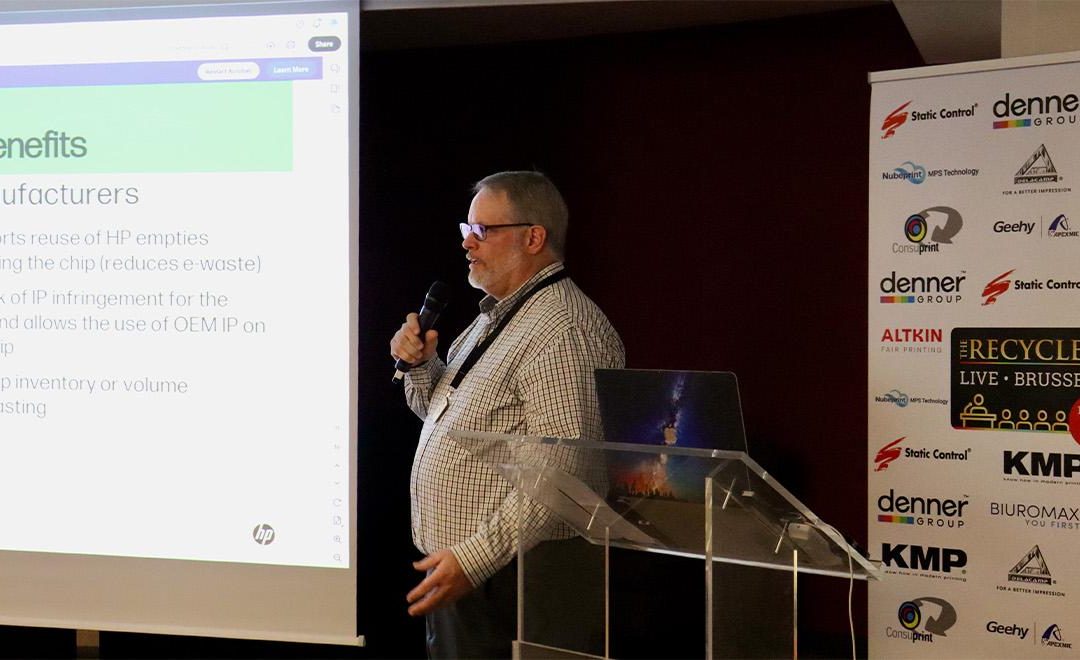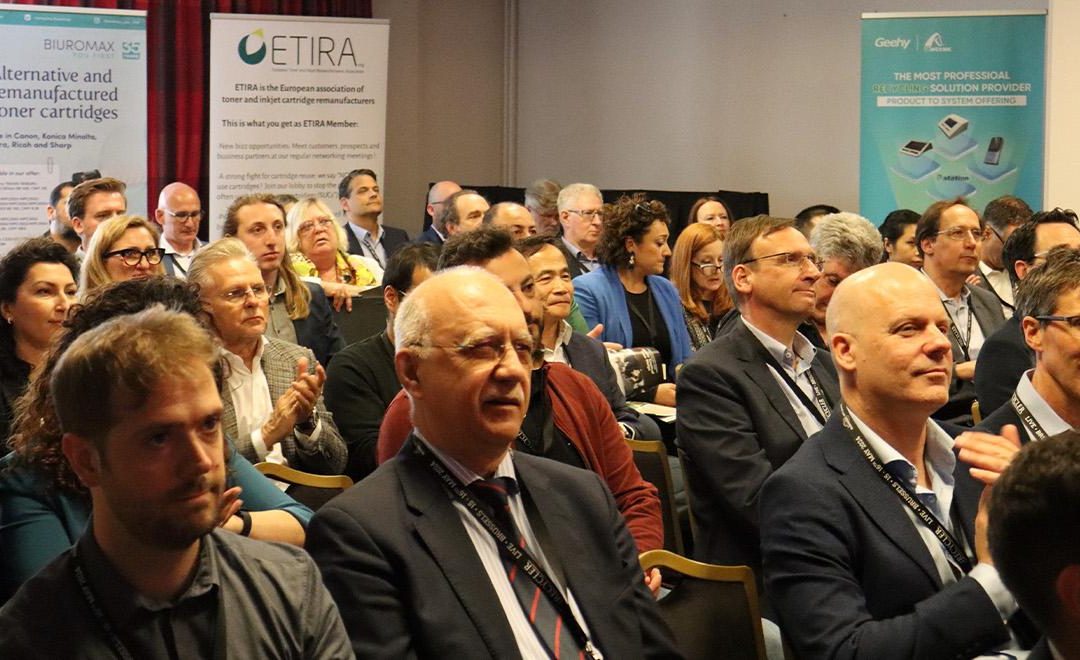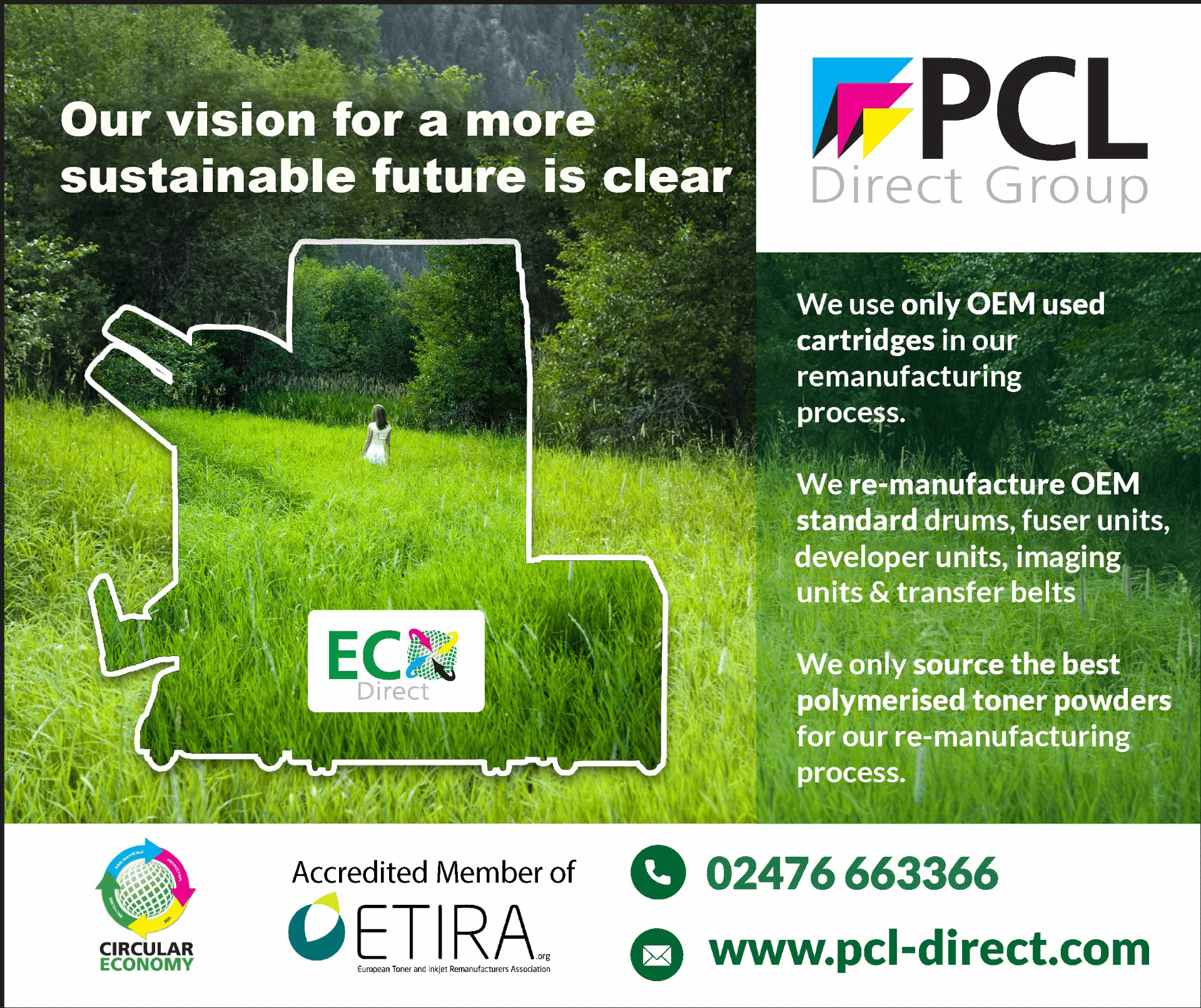 NGOs firmly reject the proposed update to the voluntary agreement (VA) on imaging equipment and for an immediate regulatory measure.
NGOs firmly reject the proposed update to the voluntary agreement (VA) on imaging equipment and for an immediate regulatory measure.
In a letter to the EU Commission, ECOS, a Brussels based international network of environmental NGOs, rejects the latest version of the voluntary agreement (VA) for imaging equipment and call on the EU Commission to “take immediate steps to introduce a dedicated regulatory measure without further delay.”
A consortium of OEMs is drafting the latest version of the VA through their EuroVAprint organisation. The EU rejected earlier drafts as not being ambitious enough, and EuroVAprint was given six months to draft a new one. The latest version was submitted for consultation late last year with the deadline for comments closing today (15 January 2021)
ECOS commented: “A self-regulatory measure which would effectively address the environmental impacts of both printer sand their consumables, the Circular Economy Action Plan has given additional six months for an ambitious Voluntary Agreement to be established. The latest proposal by the manufacturers provides clear evidence that this prerequisite has not been met.
Weaving together loophole after loophole, the latest proposal would not only continue to permit the short-lived unrepairable designs in printers, but would also effectively shield the existing commercial practices that prevent the reuse and remanufacture of printer cartridges – around 60-70% of which end up in landfills after a single use today – from being tackled. Moreover, standing in clear contradiction to the objectives of the European Green Deal and the Circular Economy Action Plan as well as in manifest misalignment with the existing ecodesign regulations applicable to other products.
We strongly believe that no more time should be wasted on the self-regulatory process and that a regulatory measure should be introduced together with the forthcoming Circular Electronics Initiative at the latest.
Their number one objection is that the VA fails “to address printer consumables” and where “remanufacturing rates of only about 10% in all of Europe, printer consumables are a major source of uncontrolled proliferation of electronic waste in the EU, estimated at some 100,000 tonnes a year.” Stating the “SRI fails to address this issue entirely, and, by being jam-filled with exemptions, takes an approach to incentivise cartridge reuse and remanufacture which will not have any positive impact on the market.”
Bilateral agreements, a cornerstone of the current draft VA come in for criticism as well. ECOS comments: “the proposed bilateral agreement approach raises serious concerns as to its permissibility under the EU’s competition rules as well as under the Ecodesign Directive.” Adding: “the proposed text effectively allow to tie consumers to a single manufacturer of printer consumables, but it would also exclude a large segment of cartridge remanufacturers from participating in or entering this secondary market.”
EuRIC, another NGO representing the European recycling industries’ interests, commented: “EuRIC appreciates the inclusion of cartridges and containers to the new draft of the VA as supported by several member states, the described methodology and system of supporting signatories seems very questionable. There is no clear comprehensible framework being set for cartridges and containers and a lot of byways seem to be defined to work around the pictured approaches in this VA. In addition, the draft VA does not set any targets for repair and reuse of cartridges and containers, which is at odd with the objectives of the revised waste framework (WFD) directive and the WEEE Directive. Last but not least, as it stands, the draft VA will likely trigger market access-related matters which may not comply with European competition law rules.”
ETIRA, the European Toner and Inkjet Remanufacturers Association President said in October 2020 “ETIRA has always called for mandatory legislation to replace the Voluntary Agreement. In our view, only a mandatory approach can bring tangible and enforceable implementation of the goals defined under the Circular Economy Action Plan, because only a regulation is applicable to all market players.
Our take on the VA
The EU member states and NGO’s want a VA that is ambitious and works. The OEMs want the status quo and no legislation. If approved, this VA would be a sop to the ambitious goals that are needed.
The big stumbling block appears to be the setting of targets, and Member states are looking ambitiously at reuse and repair targets of 80% or more. A long way from the 10% – 20% we see in Europe. The OEMs would be happy with none but could probably live with the status quo.
80% is ambitious, but let’s set a goal to achieve 80% reuse across the hardware and consumables sector by 2030. Some of that will be easy, and some will be challenging. For sure, it will need collaboration, not confrontation, and probably a whole new set of business models will need to evolve.
If the motor industry can transition from the internal combustion engine to electric cars, surely the imaging sector can significantly increase reuse.
However, the elephant in the room is the new-build cartridge sector, which is not at the table, and no VA will apply to them, which is why legislation is the only real way forward.









